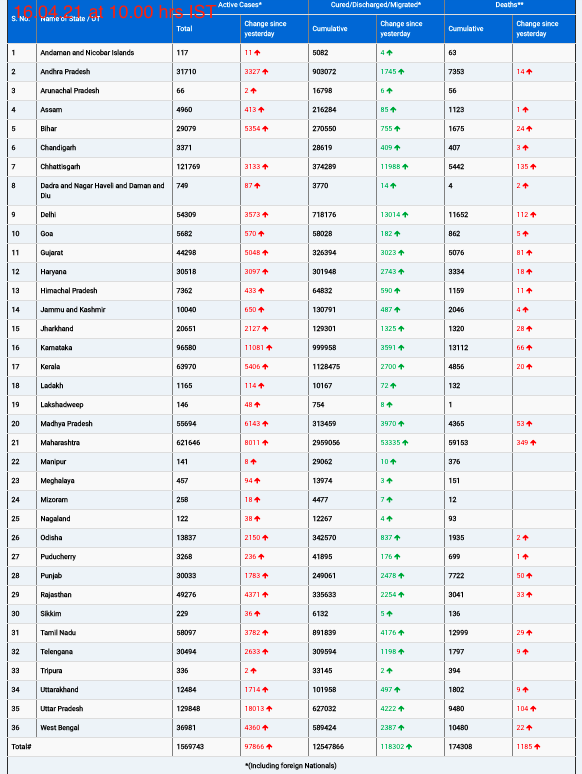In a pioneering effort to address mental health challenges in rural India, a team of Indian researchers has developed a unique blend of digital healthcare and community-based interventions that has shown significant potential in reducing the risk of depression, anxiety, and self-harm. The initiative, known as the Systematic Medical Appraisal, Referral, and Treatment (SMART) mental health programme, was led by researchers from The George Institute for Global Health in New Delhi.
A Critical Mental Health Gap
India faces a critical shortage of mental health professionals, particularly in rural areas where healthcare resources are scarce. With nearly 150 million people in the country requiring mental health treatment, the majority remain underserved. This challenge is exacerbated by the lack of trained health workers in rural regions, where the stigma associated with mental health further hampers access to care.
The SMART mental health programme was designed to address this gap by training village health workers in basic mental health care and utilizing innovative service delivery methods. The programme’s dual approach combines community campaigns aimed at reducing mental health stigma with digital healthcare solutions for those at high risk of mental disorders.
Significant Findings from a Landmark Study
The impact of the SMART programme was assessed through a large-scale study, involving 9,900 participants from West Godavari, Faridabad, and Palwal districts in Andhra Pradesh and Haryana. Over the course of 12 months, the researchers implemented two key strategies: a community-based campaign to reduce stigma and a digital healthcare initiative targeting individuals at high risk of mental health disorders.
The findings, published in the prestigious JAMA Psychiatry journal, revealed a substantial reduction in the risk of depression among those involved in the intervention. The cure rate, measured by remission, was notably higher in the intervention group, with 75 percent achieving full recovery, compared to just 50 percent in the control group.
“Our research marks a significant milestone in mental health care,” said Prof. Pallab Maulik, Director of Research and Programme Director (Mental Health) at The George Institute India. “This study, the largest of its kind globally, revealed a substantial reduction in depression risk over one year and highlighted the profound impact of our dual intervention approach.”
Implications for India’s National Mental Health Programme
The success of the SMART programme underscores the potential of digital health solutions to strengthen India’s national mental health programme. The integration of technology with community-based care has proven to be an effective model, particularly in low-resource settings.
These findings align with the recommendations of the World Health Organization (WHO) and the Lancet Commission, which have called for innovative strategies to reduce the global burden of mental disorders. The study’s success in rural India demonstrates that such strategies can be adapted for use in low- and middle-income countries and even impoverished areas within high-income countries, with appropriate modifications to meet local conditions.
As India continues to grapple with the mental health crisis, the SMART programme offers a promising blueprint for scalable and sustainable interventions that can bridge the gap in care, particularly in underserved rural areas.












